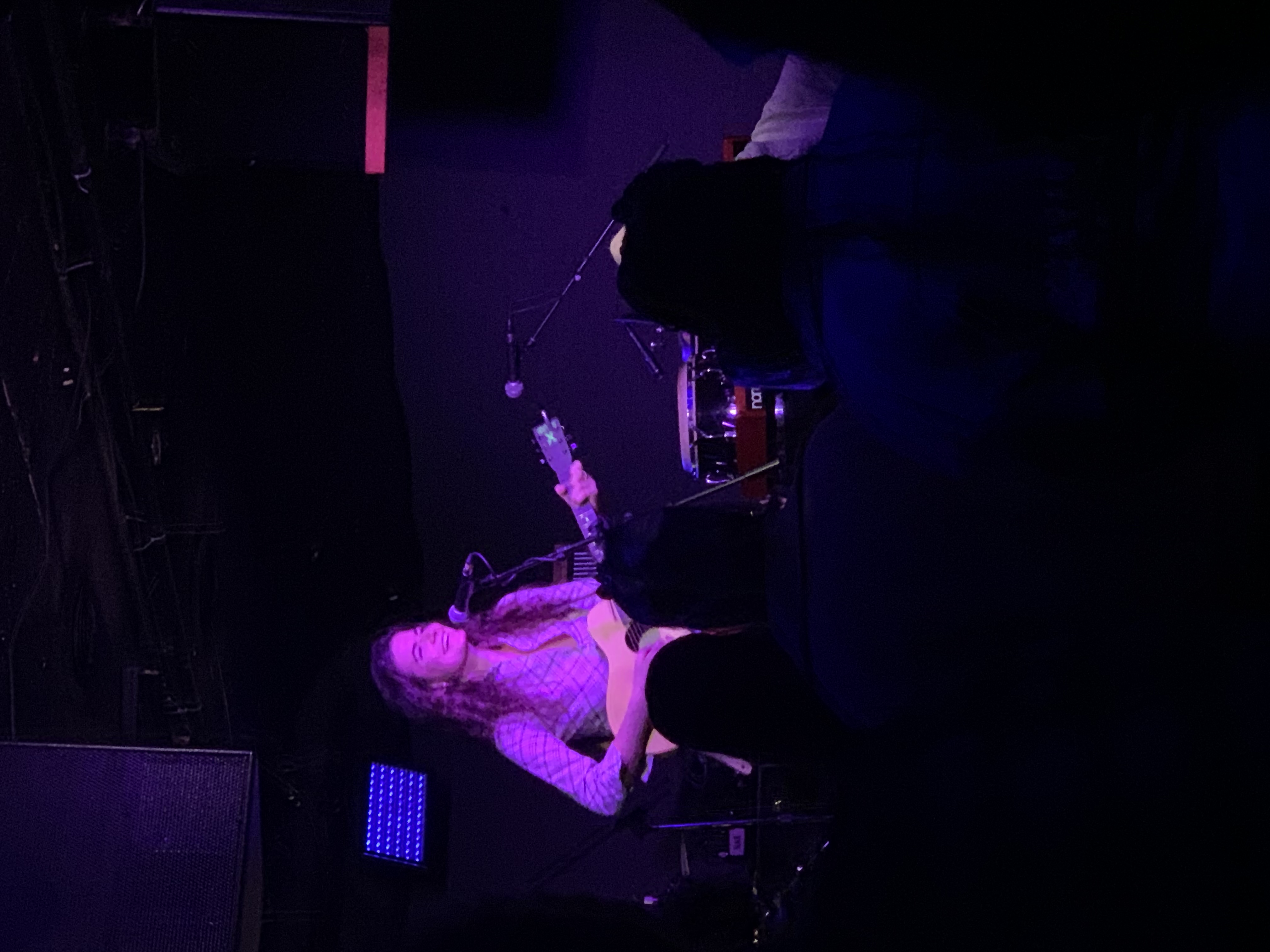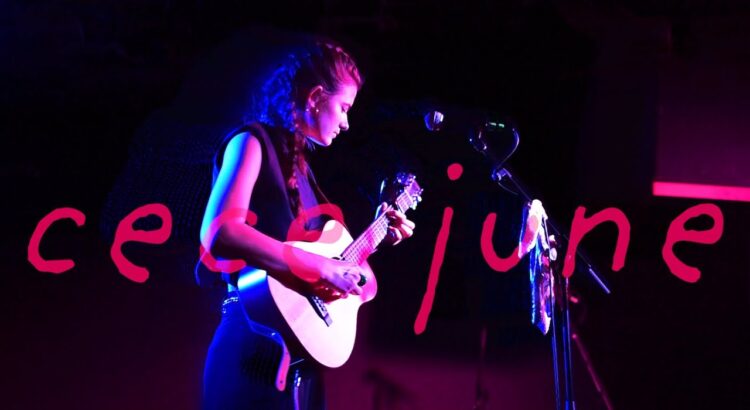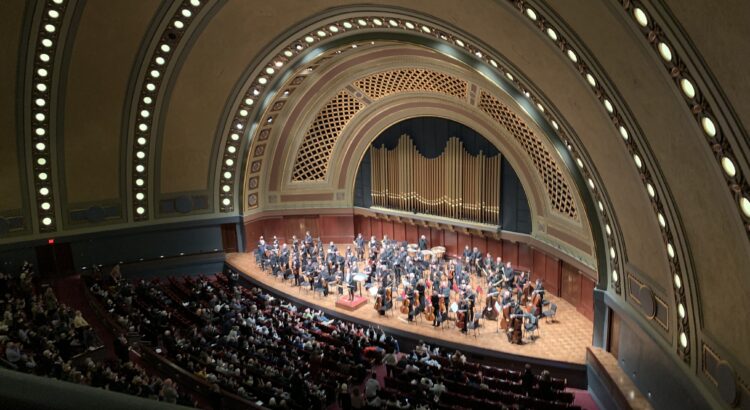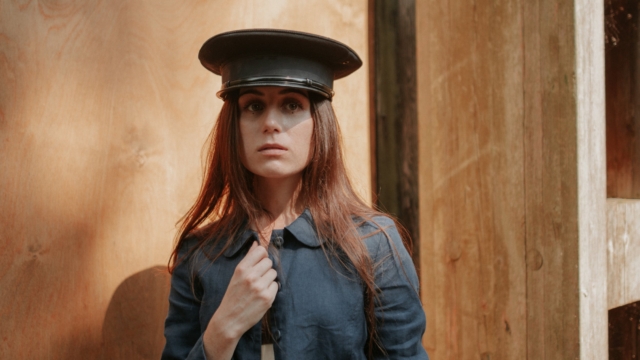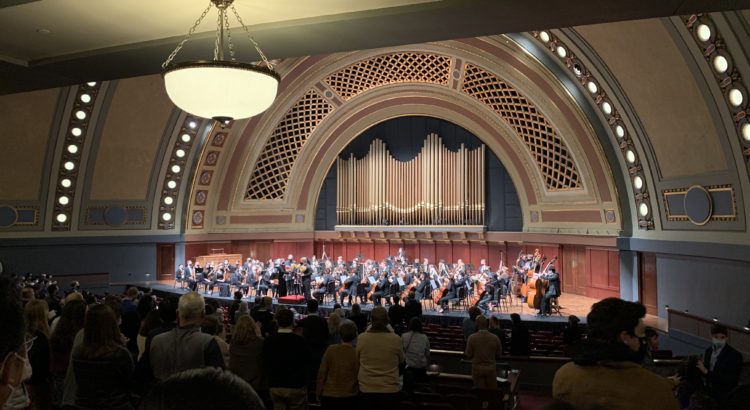Last Friday at the Blind Pig, I had the pleasure of attending Cece June’s set, situated between performances by Big Chemical and Jacob Sigman. It was a cold trek out to the west side of downtown, but as I find with many shows I’ve attended at the Blind Pig, it was definitely worth it. Cece June’s presence in the University of Michigan music scene has grown immensely over this past year, and this set shows exactly why.
A mix of covers and originals, Cece Durán commanded the room as a solo act with her powerful voice and clear proficiency on both acoustic and electric guitar. She offered a fair amount of music from her excellent EP, and we were able to hear soon-to-be released material from her forthcoming LP. She also had a distinct grip on the mood of the room, offering both thoughtful, soulful moments and energetic, uplifting points throughout her set. Her ability to oscillate between the two and carry the room with her was a joy to witness.
Now a part of a group as well, Cece and the Crawlers, her ability to adapt between solo and collaborative performance shined through that evening. Speaking to this point, during her set she invited fellow act Jacob Sigman onstage and performed a touching duet of an unreleased song of his. Their voices complemented each other perfectly as the power and passion in their musical expression matched so well.
Another highlight included her cover of a song by Nothing But Thieves. This performance showed the way Durán was capable of filling the room with her voice, the ballad providing a certain emotional dimensionality to her set. In addition to her voice, Durán’s capabilities on the guitar were stellar, punctuating and accentuating her act in a highly effective way. The song she performed in her native language, Spanish, was also captivating and showed off yet another facet of her musical oeuvre.
Durán had natural stage presence, interacting with the crowd and encouraging participation in a way that didn’t feel forced or one-sided. It was easy to find oneself singing along, feeling the music just as much as others in the crowd.

